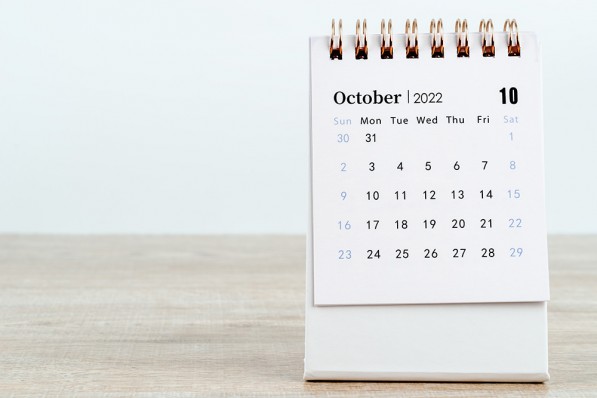In April 2016, the State Pension changed to a new single tier State Pension, still based upon National Insurance (NI) contributions. There is a deduction for individuals who were contracted out of the Additional State Pension.
In reality, not everyone is eligible for the maximum amount of the new State Pension. Therefore, it is important to check your State Pension record and National Insurance contribution history early. To receive the full new State Pension, you normally require 35 years of National Insurance contributions.
If you have any gaps you may still be able to make up the difference. You can request a State Pension statement using a BR19 form, available online or by calling the government helpline on 0345 3000 168.
You don’t have to claim the State Pension as soon as you reach State Pension age. You can defer it to increase the amount you receive at the agreed later date. However, you should consider all options before making your decision.
If you decide to take your State Pension whilst still in work, you will also need to consider the tax consequences on your income.
Since 2010, the State Pension age for women has been increasing from age 60. In 2018, the State Pension age will begin to rise from 65 to 66 for everyone and then to 67 between 2026 and 2028.
Under the current law, the State Pension age is due to increase further to 68 between 2044 and 2046.
However, following a recent review, the government has announced plans to bring this timetable forward. The State Pension age would therefore increase to 68 between 2037 and 2039.
To find out your State Pension age please click here.
Whether you decide to defer the State Pension or not, all of your income and expenditure should be considered when planning for your retirement.



